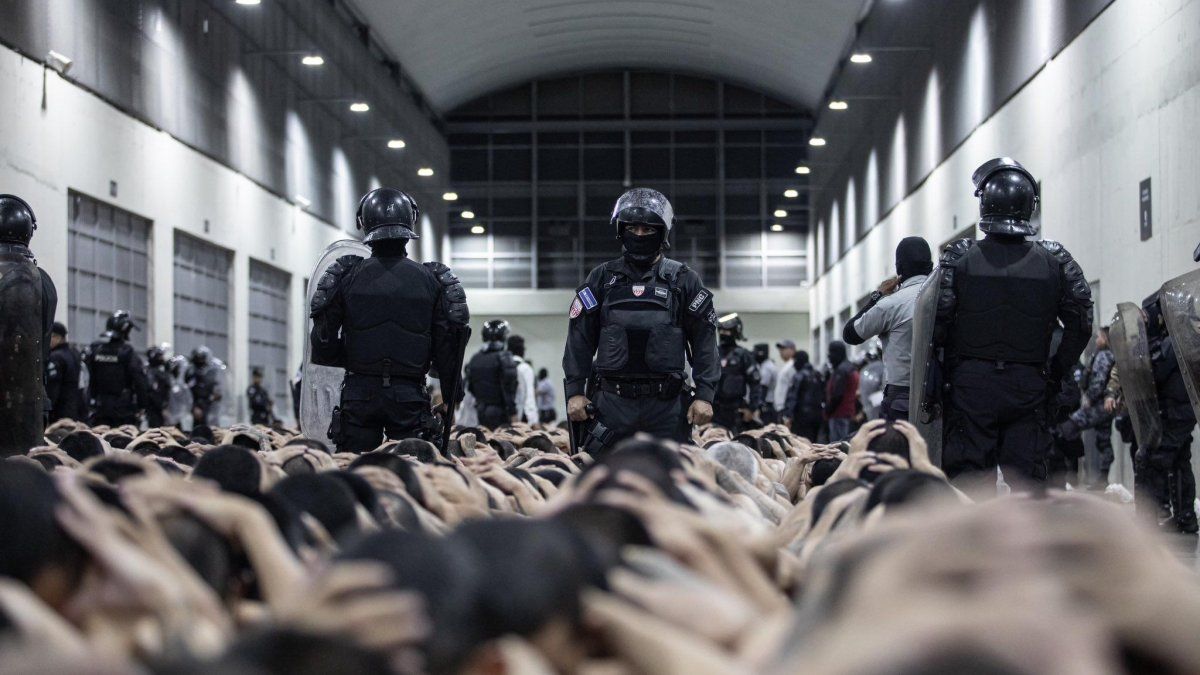Markets.jpg
wealthandfinance
Now, how have the markets reacted to these announcements? Let’s remember that for now the Fed has only toughened its speech, it has not yet made any concrete movement. Only the BOE raised its reference rate by 50bps. Well, the most important stock indices have been correcting strongly downwards since the beginning of 2022. DJI and S&P 500 entered the correction zone, NASDAQ entered the Bear Market zone. The US yield curve has flattened showing the de-anchoring of inflationary expectations in the short term. Inflation Expectations, measured by breakevens at 5, 10 and 30 years, show a negatively sloping curve, that is, the US currently has a short-term inflation problem, but not a long-term one. Equity prices appear to price in three to five rate hikes in 2022, starting in March with the first 25bps hike. In good romance, for now everything is correction and volatility.
The impact on the markets of the invasion of Ukraine
At the moment, although very premature, it seems that what was previously a game of strategy between central banks and the market could become a real flight to quality and fear, depending on how the war escalates. On the first day of the declaration, there was a clear increase in purchases of US treasuries as safe haven assets. But the most important movement was seen in the fstrong rises in reference oil prices (WTI and BRENT). Clearly it is perceived that the conflict is likely to generate problems of production and global energy supply. Russia is a major producer and supplier of oil to Europe. In other words, supply restrictions, which are also transferred to agro-commodities in general, such as soybeans or metals such as gold, which had raised doubts as to whether or not it retained its historical status as a value reserve asset. Without a doubt, a new oil crisis 4.0 can be generated to the extent that the conflict escalates to other dimensions. yesAlthough the market had already been taking positions in commodities in general and had begun to incorporate the conflict in equity prices, we believe that these have incorporated little or nothing of a conflict of greater magnitude.
Emerging Markets.jpg

The impact on emerging markets
emerging countries in general and of the region in particular, have already been reacting to the change in the global monetary cycle. In particular, they have started to raise their local reference rates in an attempt to avoid outflows and foreign exchange pressures. An escalating conflict scenario will put additional pressure in this regard.
The case of Argentina has obvious peculiarities. Although it can benefit from the increase in the price of agro-commodities, it must necessarily resolve its internal issues. To the extent that there is an orderly exit post agreement with the IMF, a scenario of this type can help increase Reserves at a faster rate., as long as it generates a change in expectations and minimally orders its exchange scheme in post, at least, to narrow the exchange rate gap. However, both due to the “request” of the IMF and due to international dynamics, it will also have to raise its reference rates, in fact it has already begun to do so. The other side is the increase in the financial cost for the bulky maturities of the debt in local currency and the overexpansion of the level of monetary liabilities.
To the extent that the conflict has a framework limited to the region where it takes place, surely the international markets will continue to be attentive and will take as fundamental the movements of the Fed and the other Central Banks. Conversely, if the conflict escalates to another level, the outcome is completely uncertain.
Economist and Director of Rafaela Capital
Source: Ambito




